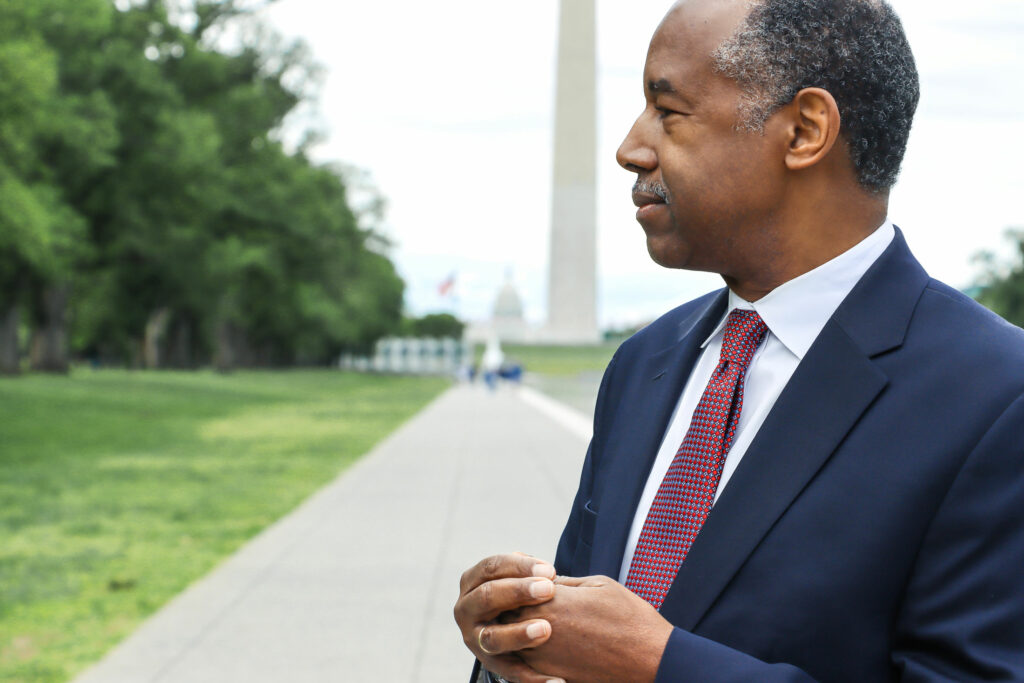 For over a century, America has stood alone as the preeminent powerhouse on the world economic stage. Unsurprisingly, aspiring nations like China have yearned to expand their own influence and challenge America’s hegemony. Lately, these efforts seem like they are making progress, both overseas and in America’s own backyard.
For over a century, America has stood alone as the preeminent powerhouse on the world economic stage. Unsurprisingly, aspiring nations like China have yearned to expand their own influence and challenge America’s hegemony. Lately, these efforts seem like they are making progress, both overseas and in America’s own backyard. Some states have been moving to stem these efforts. For example, Montana Governor Greg Gianforte recently signed a bill prohibiting the sale or lease of agricultural land, critical infrastructure, and residences near military assets in his state. The ban is directed towards the governments, businesses, and individuals from China, Cuba, Iran, North Korea, Russia, or Venezuela—all countries the U.S. has deemed “foreign adversaries.” But Montana is not the first state in the union to act on fears expressed by both Republicans and Democrats; Texas, Alabama, Louisiana, and Florida have all considered or passed similar bills to prevent “foreign adversaries” from buying U.S. farmland due to concerns that China is strategically maneuvering to take over parts of the U.S. economy, and in 2022 a bipartisan group of Senators introduced the Pass Act to block individuals from China, Russia, Iran, and North Korea from buying American farmland or investing in America’s agricultural industry.
Whether their motives are nefarious or not, Chinese investors owned about 192,000 acres of agricultural land worth about $1.86 billion by the start of 2020, according to the USDA. As of 2021, China reportedly owns at least 383,935 acres of agricultural land, which represents a fivefold increase since 2011—during which only 69,000 acres of U.S. farmland were under Chinese ownership. Of the total 383,935 acres of farmland currently under the control of China, 195,000 acres are owned by 85 Chinese investors, and 189,000 acres are owned by U.S. corporations with Chinese shareholders.
Should Americans be worried about foreign countries buying land in the US? Lawmakers from both parties think so, especially when the Chinese buy land next to the United States’ key military installations. Recently, North Carolina passed a bill preventing governments of “foreign adversaries” from purchasing agricultural land within 25 miles of a military installation in order to address this growing concern.
These concerns over the acquisition of farmland around key military installations have recently become a part of our nation’s national security discussion. Incidents like the Chinese spy balloon in early 2023, as well as growing security concerns with the app Tik Tok have shifted inward a great deal of the once outward attention towards China.
China’s global initiatives suggest that they are indeed playing the long game when it comes to global hegemony. One such example is the recent proliferation of business and commercial relations between China and Africa. Over 10,000 Chinese firms are currently operating in the African continent. The value of Chinese businesses in various African countries since 2005 amounts to more than $2 trillion dollars, much of which is placed in transportation, power generation, mining, and telecommunications. At the 2021 Forum on China-Africa Cooperation, China pledged another $40 billion to the continent, along with a goal to increase imports from Africa to $300 billion in the next few years. Underdeveloped or currently developing African countries welcome the infrastructure China brings to them for the immediate boost to their economy—but there are strings attached. For example, China often makes significant demands when it comes to the ownership and operations of the infrastructure it builds (such as ports and roads), and if African nations are unable to pay their debts for these developments, China takes full ownership and control of that infrastructure. Nonetheless, Africa is often more than willing to accept the aid, because no true competitors to China exist on the continent.
It remains to be seen what the United States can do—or should do—to counter Chinese influence in Africa, but we can act to counter domestic security issues. The federal government should prioritize American food producers so Chinese entities are not taking American farmer’s subsidies, and continue to protect American infrastructure and agricultural land from foreign actors.
In that vein, the Committee on Foreign Investment in the United States (CFIUS), an interagency coalition of agency heads, remains alert under the Biden Administration. CFIUS recently proposed a rule to add eight new military installations to its purview, giving the Council expanded protective real estate jurisdiction over land surrounding those military installations. Combine that with President Biden’s recent slip calling Chinese President Xi a “dictator,” and you have two countries who are just putting on a smiling face when the “behind the scenes” view shows a very different story.
Relations between China and the United States remain tenuous at best, and further flashpoints such as Taiwan loom on the horizon. The Biden Administration has repeated its desire to ease tensions with China, but even Biden’s agencies cannot ignore the threat the CCP poses to American security. America’s leadership should continue to take steps to protect American industries from undue Chinese manipulation and ensure the security of our military bases and other critical national security installations from the threat posed by China.

